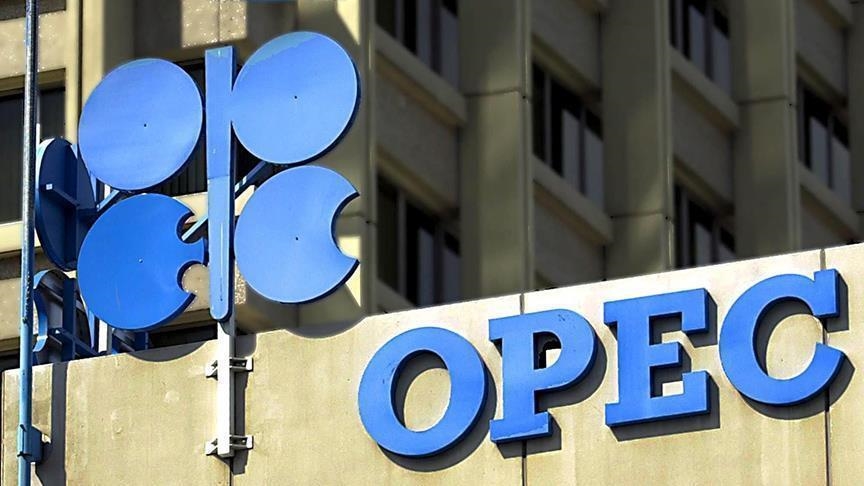
- Fundamental analysis
How OPEC production affects oil prices
Do you want to know how to make money from this?
Register for free and get expert advice, access to a training course and webinars.
At the beginning of the week, American oil prices rose amid news that OPEC had decided to cut production. Therefore, we want to understand the level of influence of this organization, which is especially important if you trade commodity futures.
Crude oil plays a key role in the global commodity market. In this regard, countries and groups of countries that produce crude oil also influence the economic situation around the world.
Oil pricing largely depends on two factors: geopolitical events and economic phenomena. These two variables can lead to changes in the supply and demand for oil, which in turn causes oil prices to fluctuate on a daily basis.
What is OPEC?
The Organization of the Petroleum Exporting Countries (OPEC) is an international organization that coordinates oil production among its members by setting targets. OPEC+ also includes oil-producing countries that are not major members of the organization.
Due to its large market share, OPEC’s actions have a huge impact on world oil prices. In particular, Saudi Arabia has the most significant influence on oil prices, being the largest producer of crude oil among OPEC countries. Historically, crude oil prices have risen most during periods when OPEC has cut production.
The influence of OPEC and OPEC+ on world oil prices
OPEC plays a dominant role in the global oil market, controlling about 60% of all international oil trade. More than 80% of the world’s proven crude oil reserves are concentrated in OPEC countries, of which about two-thirds were in the Middle East in 2021, according to the Energy Information Agency.
OPEC countries are constantly investing in technology upgrades and geological exploration, which allows them to increase oil production potential while reducing costs.
Within OPEC, Saudi Arabia occupies a leading position, being the world’s largest producer and exporter of crude oil. Saudi Arabia’s decisions to change production volumes directly affect world oil prices: a reduction in production leads to a sharp rise in prices, and an increase in production leads to a decrease.
In fact, all of the significant fluctuations in oil prices in recent history can be explained by changes in production volumes both in Saudi Arabia and in other OPEC countries.
The “black swans” factor
However, in addition to the main factors, oil prices can be influenced by geopolitical events and the economic interests of various countries. Unexpected events, called “black swans”, can also have a significant impact on the supply and demand paradigm.
One such event was the COVID pandemic, which rocked the global economy in 2020. Declining oil demand around the world has led to a split in OPEC+, especially between the two largest exporters, Saudi Arabia and Russia. In response, Saudi Arabia increased production. This apparent attempt to grab market share resulted in a sharp drop in prices, pushing WTI below $20 a barrel.
Do you want to know
How to make money from the news
Register for free and get:
- Expert consultation;
- Access to the training course;
- Opportunity to participate in webinars

